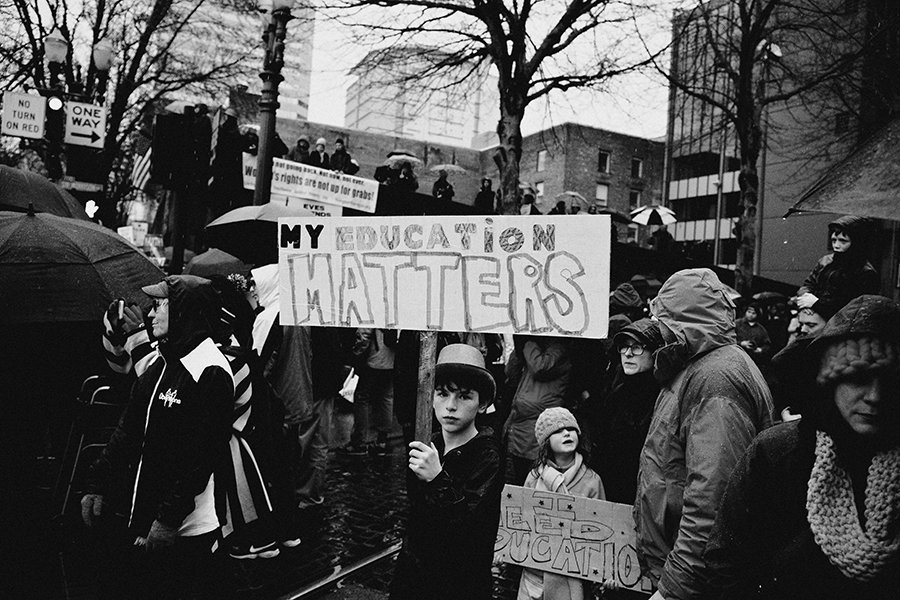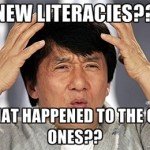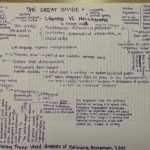
What I Know About Literacy, is That We Don’t Know Much About Literacy
Literacy varies from person to person; not just in their levels of literacy, but also in what literacy practices are relevant for each individual. Literacy is contextual. Literacy is social. Literacy only has as much value as a society attaches to it. Written text does not have inherent value or meaning; the value and meaning of a text only exists within social context. It is society that determines the varying values of different literacy practices. Where one society may value an individual’s ability to write creatively, another may value concise and precisely communicative literate practices. Literacy is not practiced in a void; even if you are reading or writing alone in a dark room, literacy remains a social practice. In the case of reading, one only understands a text by how it is situated socially; the text’s meaning is determined by the social context of the reader and the writer. A text that travels between social contexts will take on new meanings as one society’s valued literacies influence the reader’s understanding of the text. In the case of writing, one’s literacy socialization directs everything the writer is doing. The writer is always writing within or in response to the dominant literacies of the society of which they are a part. What is valued in a text has been determined and ingrained in the writer by their social context. The writer is also writing with an specific audience in mind (usually one that reflects the valued literacies of the dominant culture) and in this way too is participating in a social practice. Literacy doesn’t just happen on its own; it only happens when a society encourages it or requires it. Whether it be a single individual that facilitates another’s acquisition of literacy practices or something more amorphous and abstract like a social zeitgeist that values particular literacy practices, literacy only happens due to, what Deborah Brandt dubs, “literacy sponsors” (166).
While “Great Dividers” may disagree, there is no clear distinction between literacy and illiteracy; it’s not that black and white. Literacy is a spectrum and most individuals in some form or another practice it. The illiteracy scare stems, not from a growing population of illiterate individuals, but from a growing number of literacies that do not seem to reflect the same practices that are currently lauded within society. Ethnographic research performed by New Literacy Studies (NLS) scholars show that individuals who might be deemed illiterate by the society as a whole actually perform a number of literate practices in their day-to-day lives. These individuals often come from historically disenfranchised groups. In a way literacy acts as yet another social means of oppression. While these individuals may be performing a number of literate practices within their community, these practices are not the same as those practiced by the majority, their oppressors. By devaluing the literacy practices of minority and disenfranchised groups, society has dubbed these practices “wrong” or something other than literacy. Thus, individuals from these groups are left with a choice; either conform to the practices of the majority or limit one’s own upward mobility in society by sticking with their own socially undervalued literacies.
Brandt, Deborah. “Sponsors of Literacy.” College Composition and Communication, Vol. 49, No. 2, National Council of Teachers of English, 1998.




